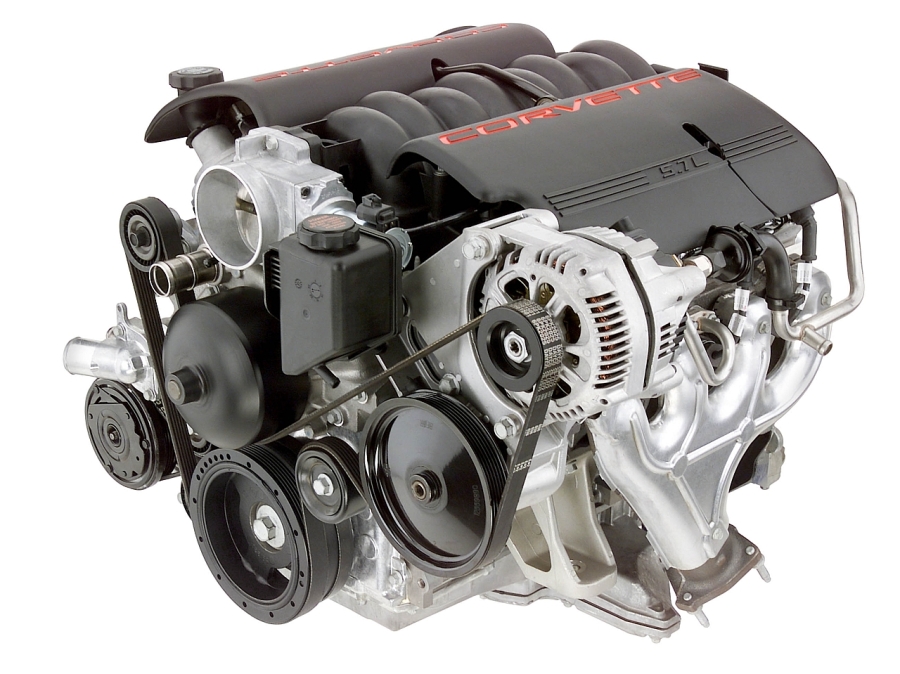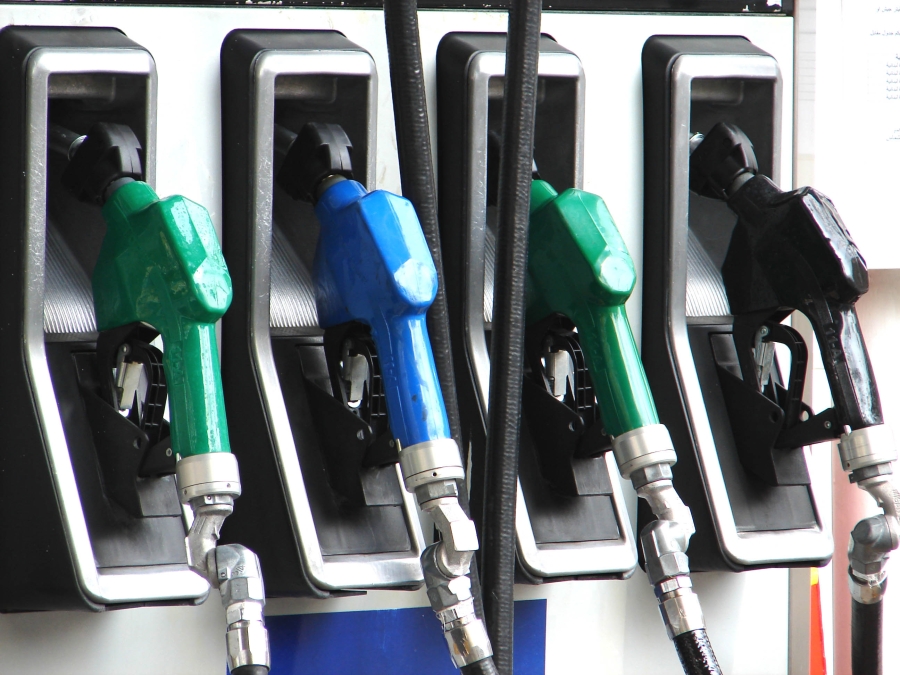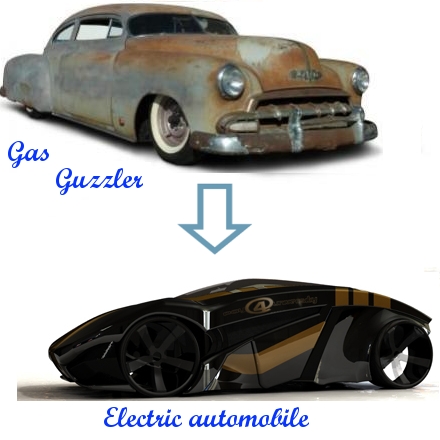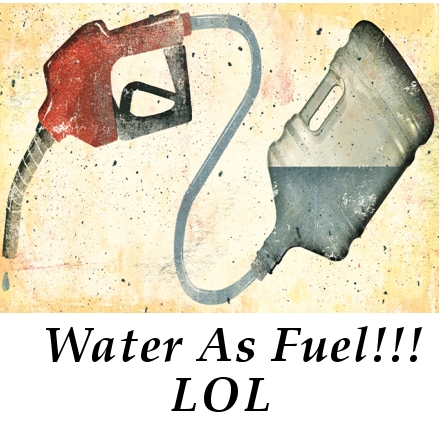Alternative fuels

An introduction to alternative fuels
Rising gas prices and its negative impact on environment has forced scientists world over to look for cheaper and less polluting fuel alternatives. We have put together this short yet informative article for our readers who are looking into doing their bit for the environment, apart from saving on fuel costs.
Alternative fuels: Bio-diesel, Ethanol, Fuel cells, natural gas, propane, battery electric and hybrid vehicles.
Bio diesel: It is a non-toxic and bio-degradable fuel made from plant oils (vegetable oils, waste cooking oil, animal fats, tall oil ) that can be used in a conventional diesel engine. Majority of bio diesel is produced using a process called transesterification which is reacting the oil with an alcohol (usually methanol, although ethanol can also be used) and a catalyst (such as sodium hydroxide). This chemical reaction produces glycerine and bio diesel (an ester).
Compared with conventional diesel, biodiesel combusts better with a higher cetane rating and produces fewer greenhouse gas emissions .
Key benefits: Less GHG emissions, can be developed locally and thus, is renewable.
Ethanol: This is ethyl alcohol, the same alcohol found in alcoholic drinks. Ethanol is obtained from the fermentation of sugar or converted starch contained in grains and other agricultural or agri-forest feedstocks. Ethanol is considered ”renewable“ because it is primarily the result of conversion of the sun‘s energy into usable energy. The ethanol-only vehicle wastes less energy and therefore, ethanol engines provide better fuel mileage compared with gasoline engines. As in Biodiesel, it‘s key benefits are less GHG emissions and local production capabilities.
Natural gas as automobile fuel: It is a clean burning fuel available in abundance in North America. Since it is available locally, it costs less.
Propane as automobile fuel: Propane, also known as LPG (liquified petroleum gas) burns cleaner than gasoline but not as clean as Natural gas. Compared with natural gas, it requires less pressure to be liquified and thus, is preferred over CNG for use as fuel. It results in less engine wear and doesn‘t dilute engine oil .
Hydrogen as fuel: In form of water, hydrogen is a fuel available in abundance. It‘s combustion results in only water and is therefore, greenest of all fuels listed in this article. Hydrogen produces energy three times more than gasoline and thus, is very energy efficient. The problem scientists are facing with is storage of hydrogen since it has to be stored compressed in a heavy metal container. Weight of this metal negates the increase available energy from hydrogen. Some enthusiasts claim to have invented a way to generate hydrogen on demand from controlled electrolysis of water(see menu for links).
Hybrid/electric/battery vehicles: A combination of electric powered motors and power from internal combustion engine is the most commonly available hybrid fuel technology available today. Fuel mileage is very high in these vehicles and they also require less maintenance compared with regular gasoline engines. The high price tag of hybrid vehicles negates the fuel saving benefits this technology provides to common man.








